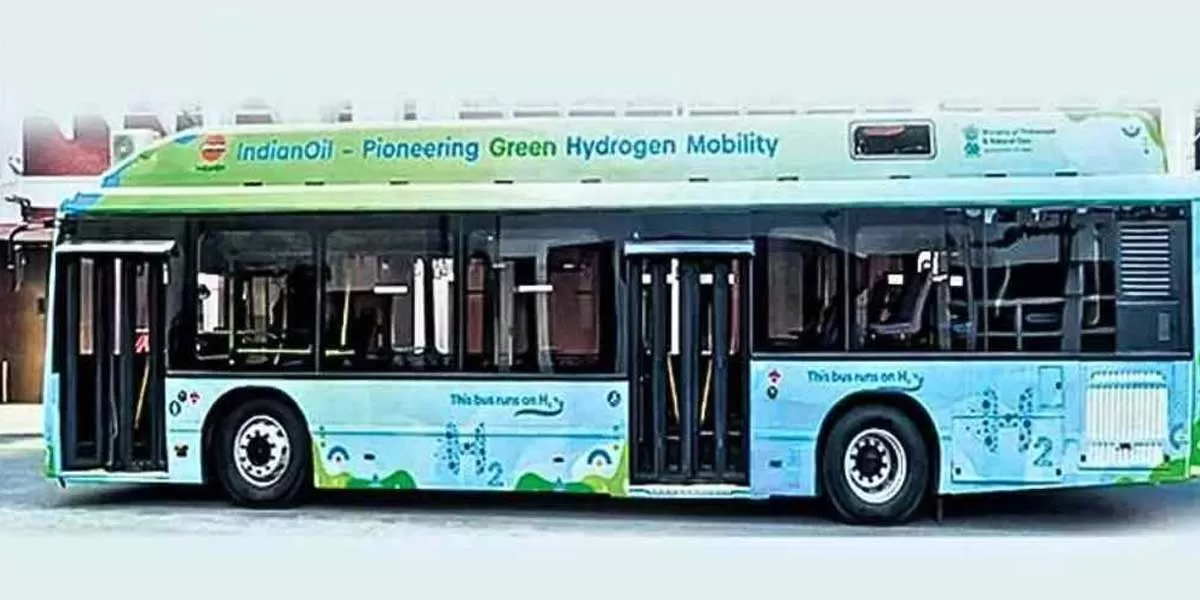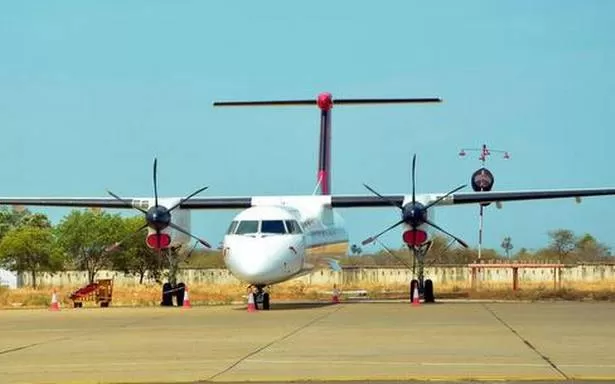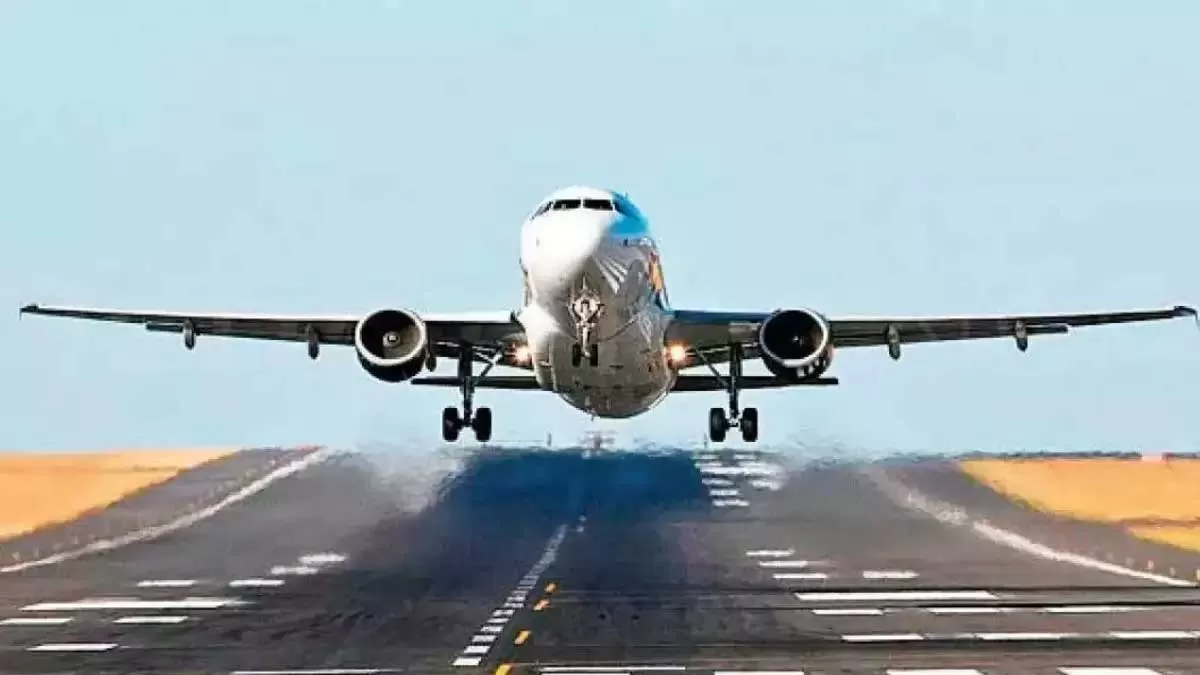
Absorption of flex spaces will reach a record high in 2024
The 14th RAHSTA Expo, part of the India Construction Festival, will be held on October 9 and 10, 2024, at the Jio Convention Centre in Mumbai. For more details, visit: https://rahstaexpo.com


India, US to promote sustainable aviation fuel and hydrogen in buses
India and the United States have agreed to promote sustainable aviation fuel (SAF), electrification of medium and heavy-duty vehicles, and the use of hydrogen in buses, tractors, and heavy equipment. This decision came during the Strategic Clean Energy Partnership (SCEP) dialogue between US Energy Secretary Jennifer Granholm and Indian Minister of Petroleum and Natural Gas Hardeep Singh Puri in Washington, DC. Both nations also encouraged increased investments in each other's clean energy markets. The joint statement emphasised the importance of a "just, orderly, and sustainable energy trans..

Tuticorin Airport upgradation set for December completion
Tuticorin Airport in Tamil Nadu is undergoing a significant upgrade, with an expected completion date in December 2024. The project, valued at Rs 3.81billion, is being carried out by the Airports Authority of India (AAI) and involves the extension of the runway to accommodate A-321 type aircraft, construction of a new apron, a new terminal building, a technical block with a control tower, and a new fire station. The new terminal building, covering 17,500 square meters, will significantly enhance the airport's capacity, enabling it to serve 1,440 passengers during peak hours and handle up to 2 ..

Airfare hike not tied to increased airport charges; ACI
The Airports Council International (ACI) stated that rising airfares are not linked to increased airport charges. Airport charges are crucial for infrastructure development within the commercial aviation ecosystem, but they remain a minimal part of the overall airfare. Stefano Baronci, Director General of ACI Asia Pacific & Middle East, emphasized that airports are infrastructure-intensive businesses, with costs dominated by maintaining essential infrastructure such as runways, taxiways, aprons, and terminal buildings. He noted that neglecting the capital expenditure needed to support future g..













